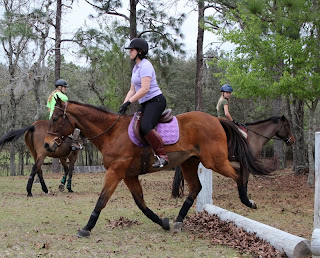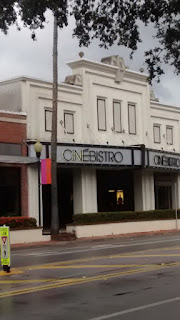 |
| Photo courtesy Ryan McGuire |
 |
| Photo courtesy Gerd Altmann |
Share your experiences on Facebook or Twitter, or just with those you love. And happy World Smile Day!
 |
| Photo courtesy Stefanus Martanto Setyo Husodo |
Since 2012 after reading 168 Hours, by Laura Vanderkam, I’ve periodically used a time log to get a sense of where my time goes each day. I track my time for one week, and I always find it eye-opening. This time I took it one step farther by asking myself the three questions Vanderkam suggests we ask when evaluating time logs: What do I like about my schedule? What do I want to do more of with my time? What do I want to spend less time doing?
What do you want to do more of with your time? What do you want to spend less time doing?
 |
| Photo courtesy Joan Greenman |
Introduction by Ted Kooser: In this fascinating poem by the California poet, Jane Hirshfield, the speaker discovers that through paying attention to an event she has become part of it, has indeed become inseparable from the event and its implications. This is more than an act of empathy. It speaks, in my reading of it, to the perception of an order into which all creatures and events are fitted, and are essential.
 |
| Photo courtesy Amanda Sandlin |
 |
| Photo courtesy Tim Becker |
What are your favorite happy little things of fall?
 |
| Photo courtesy Dustin Lee |
Here’s to a new everyday adventure!
 |
| Photo courtesy Martin Wessley |
What challenging pursuit would you like to begin? What’s holding you back?
 |
| Entrance to Tropicana Field |
 |
| Nathan Karns pitching |
 |
| Mom getting ready to go home. Isn't she cute? |
Happy Friday!
 |
| Photo courtesy Gunter Hofer |
Note: I'm taking a more relaxed approach to blogging this summer, so occasionally I'm going to rerun a previous post. I hope you enjoy this one, from 2013.
 |
| Photo courtesy Unsplash |
“I love the book. I love the feel of a book in my hands, the compactness of it, the shape, the size. I love the feel of paper. The sound it makes when I turn a page. I love the beauty of print on paper, the patterns, the shapes, the fonts. I am astonished by the versatility and practicality of The Book. It is so simple. It is so fit for its purpose. It may give me mere content, but no e-reader will ever give me that sort of added pleasure.”—Susan Hill, Howard’s End is on the Landing.
 |
| Photo courtesy Mikael Kristenson |
 |
| One of my jobs is to stand guard over our property. This is what I see from my post. Sometimes THINGS rustle around in there and I have to sound the alarm by running around and bucking. |
 |
| This is where I do my work with my human. I like it best when we try something new. Or when we stand while she talks to the other riders. I could do that all day. |
 |
| We’ve been jumping over this black thing lately. I could do more challenging jumps, but she’s still learning and I have to take care of her. |
 |
This is my best friend. We play together over the fence line, and sometimes he takes off my fly mask for me.
|
 |
| This thing sometimes dispenses treats when I spin it (you can see my teeth marks). It appeared in my paddock one year at what my human calls “Christmas time.” |
 |
| Be it ever so humble, this is my very favorite thing. I’m a man of simple tastes. |
 |
| I am handsome, am I not? |
What’s your favorite rainy day song?
 |
| Photo courtesy Gabriel Santiago |
Introduction by Ted Kooser: I’ve talked a lot in this column about poetry as celebration, about the way in which a poem can make an ordinary experience seem quite special. Here’s the celebration of a moment on a campus somewhere, anywhere. The poet is Juliana Gray, who lives in New York. I especially like the little comic surprise with which it closes.
 |
| Photo courtesy Schicka |
When you’re faced with a big, overwhelming project or experience, how do you cope?
Note: I'm taking a more relaxed approach to blogging this summer, so occasionally I'm going to rerun a previous post. I hope you enjoy this one, from 2013.
When I started writing this post, I had just gotten back from riding my bike for the first time in…years. My kind husband recently cleaned out the garage, brought my bike down from the ceiling where it had been suspended, pumped up my flat tire, lubed the chain and adjusted the seat so it’s just right. I finally wheeled it out onto the nature trail, and while I hadn’t exactly forgotten how to ride a bike, let’s just say that I didn’t look very graceful doing it. There was some irrational weaving and one or two interesting experiments with gears and braking, but soon I was pedaling happily down the trail. I wasn’t very skilled, but at least I didn’t hit a tree.
 |
| Still practicing... (Photo by Holly Bryan) |
Introduction by Ted Kooser: Surely, some of you have paged through an old book and come upon a dried flower, fragile as a spider web, the colors faded. Here’s a fine poem about pressing flowers by Chelsea Woodard of New Hampshire, from her book Vellum.


























